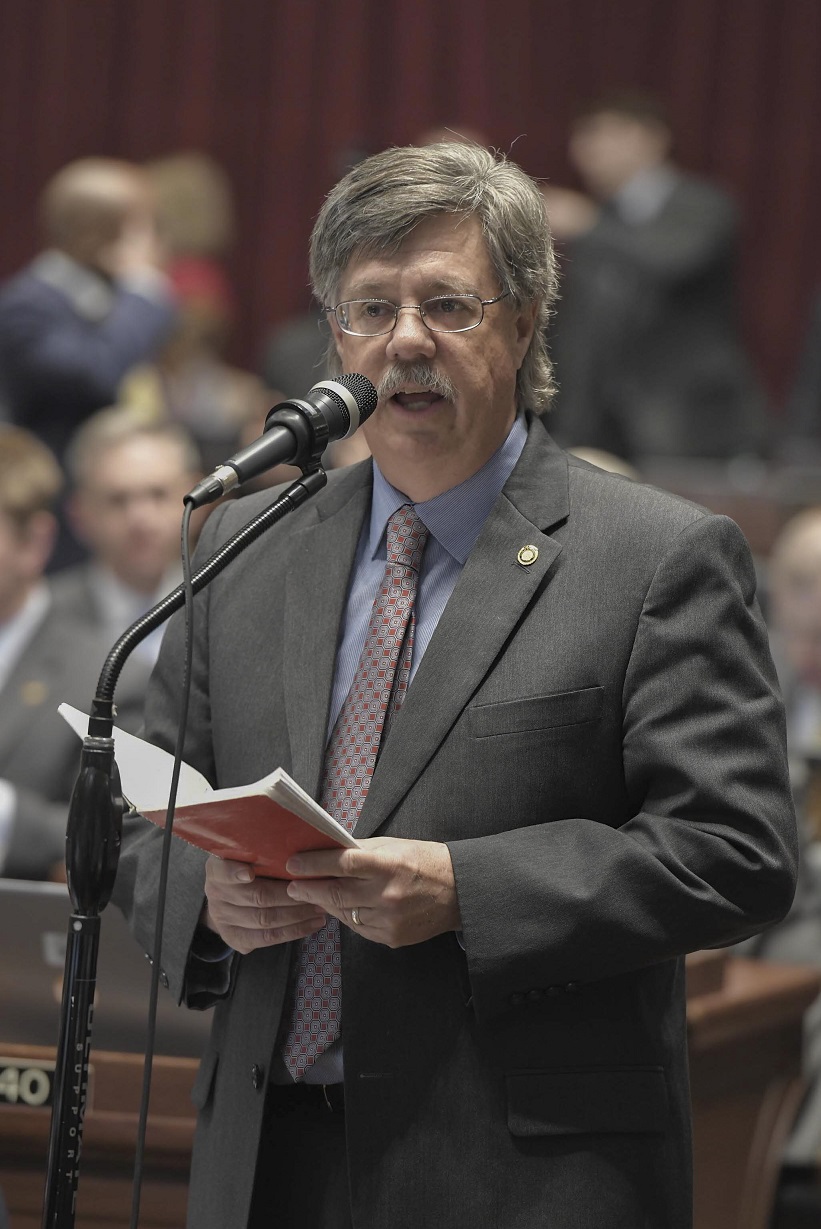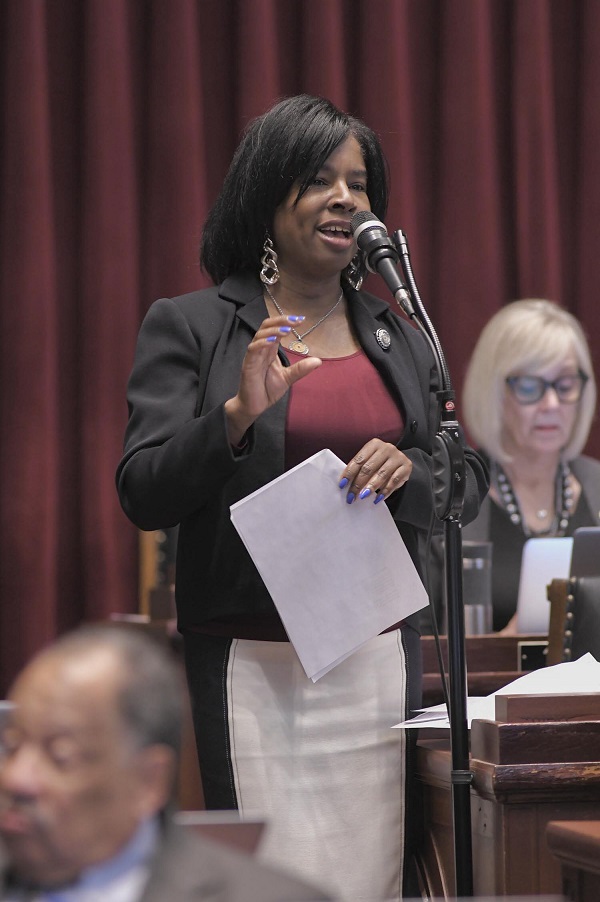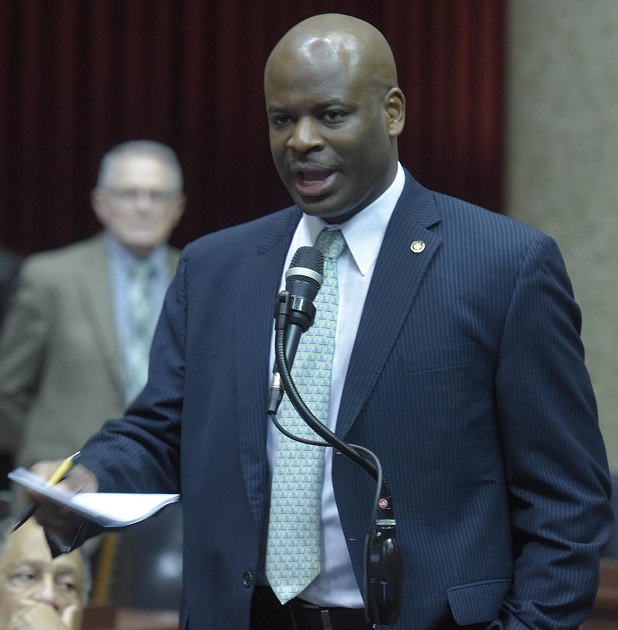The Missouri House has proposed repealing the state’s prevailing wage law. Backers say the bill will allow more public works projects to move forward. Opponents say it will lower wages and drive more people onto public assistance programs.

Missouri’s prevailing wage law sets a minimum salary that must be paid to individuals working on public projects, such as the construction or repair of bridges, school buildings, and fire stations. If House Bills 1729, 1621, and 1436 pass, bidders on such projects would pay the state or federal minimum wage, whichever is higher.
The bills are being carried on the House Floor by Representative Jeffery Justus (R-Branson). He is one of those who say eliminating the prevailing wage would allow public tax dollars to accomplish more in any given project because the law artificially inflates the wages paid to workers.
Democrats argued that repealing prevailing wage would cause workers to receive less in wages and benefits. St. Louis representative Karla May, a member of the Communication Workers of America (CWA) and of the Coalition of Black Trade Unionists (CBTU), said that law exists for a reason.
“The reason why the government had to step in to create prevailing wage is because of the greed of companies and contractors not willing to pay workers and not willing to maintain good working conditions,” said May. “The only reason laws exist is because we have bad actors.”
Representative Doug Beck (D-St. Louis), a pipefitter for the UA Local 562, told lawmakers that voting to repeal the prevailing wage law would be “foolish.”

Republican Cheri Toalson Reisch (Hallsville), who worked as the city clerk and later mayor of Hallsville, said prevailing wage is not a union vs. non-union issue.
“This is a taxpayer issue. I don’t care if you’re a union representative or not. That has nothing to do with this bill,” said Reisch. “I’ve spent almost my entire life being a taxpayer watchdog. I have personally done millions upon millions and millions of water, sewer, street, and building construction projects that had to go prevailing wage. I can tell you it does add 30-percent to the cost to my taxpayers.”
The House voted 89-62 to send the bill to the Senate. Last year a similar proposal was sent to the Senate but that chamber failed to pass it.


